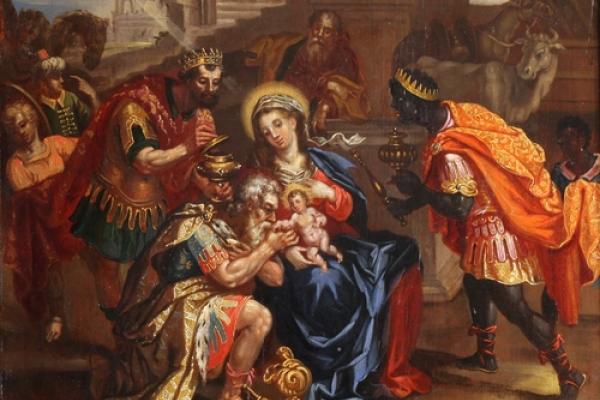One of the most fresh and challenging interpretations surrounding the Christmas narrative was produced by South Africa’s renowned theologian, the late Steve de Gruchy. In regards to the Magi and their visit with Joseph, Mary, and the newly born Jesus in Matthew 2: 1-12, de Gruchy offers a striking proposal surrounding the biblical text and its direct relationship with cooperative efforts between those in the so-called global north and south.
...
Among other things, a key insight into this portion of the Christmas narrative is that God is revealed through the vulnerability of poverty and marginalization. The main characters of the Christmas plot are not wealthy and prosperous high-rollers, but the downtrodden and vulnerable poor who stand as deliberate reminders of how God is in solidarity with those who are too often forgotten and oppressed. If Mary and Joseph were people of wealth and privilege, they surely would have received room at the inn, yet God shows an alternative to the common hierarchies of status in our world, and such pushed-aside people are given highest priority as the bearers of Christ.
Read the Full Article

